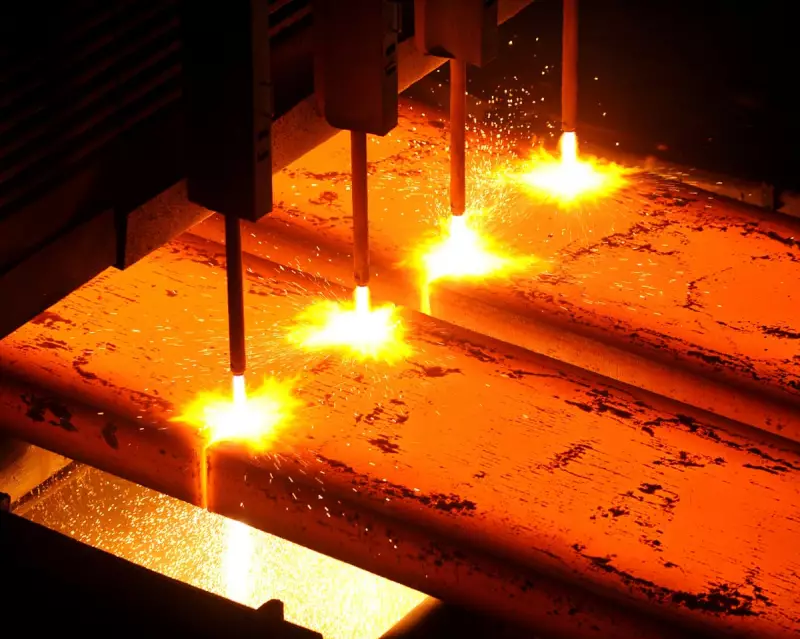
Britain's vital steel industry is staring into the abyss as former President Donald Trump's proposed 25% tariff on imported steel threatens to cripple operations and cost thousands of British jobs.
Scunthorpe's Economic Heart Under Threat
The looming trade war could deliver a devastating blow to Scunthorpe's British Steel plant, where Chinese owner Jingye Group has already placed expansion plans on hold. The facility, which employs nearly 3,000 workers directly and supports thousands more in the supply chain, faces an uncertain future as Trump's protectionist policies take shape.
Industry insiders describe the situation as "critical," with the proposed tariffs potentially making British steel exports to the US economically unviable. The timing couldn't be worse for an industry already struggling with high energy costs and international competition.
Tata Steel's Double Blow
Meanwhile, Tata Steel is confronting a perfect storm of challenges. The Indian conglomerate not only faces potential exclusion from the lucrative American market but is simultaneously navigating complex negotiations with the UK government over transitioning its Port Talbot operations to greener electric arc technology.
The dual pressures have created what one industry analyst called "the most challenging environment for British steel in a generation." Tata's Welsh operations, employing around 4,000 staff, represent another cornerstone of UK manufacturing under severe threat.
Government Scrambles for Solutions
Whitehall has been thrust into emergency mode, with senior officials reportedly holding crisis talks with industry leaders. The government faces mounting pressure to secure protections for British steelmakers while avoiding a full-blown trade war with the United States.
The stakes couldn't be higher for UK manufacturing, with the steel sector supporting approximately 39,000 jobs directly and contributing £2.1 billion to the economy annually. Industry representatives are demanding urgent government intervention to prevent what they describe as an "existential threat" to Britain's industrial base.
What Comes Next?
- Emergency government-industry talks to develop contingency plans
- Potential lobbying efforts through international trade bodies
- Exploration of alternative markets for British steel exports
- Renewed focus on domestic infrastructure projects to absorb capacity
As the political landscape shifts across the Atlantic, Britain's industrial heartlands hold their breath, hoping for a resolution that preserves their livelihoods and the nation's manufacturing capabilities.





